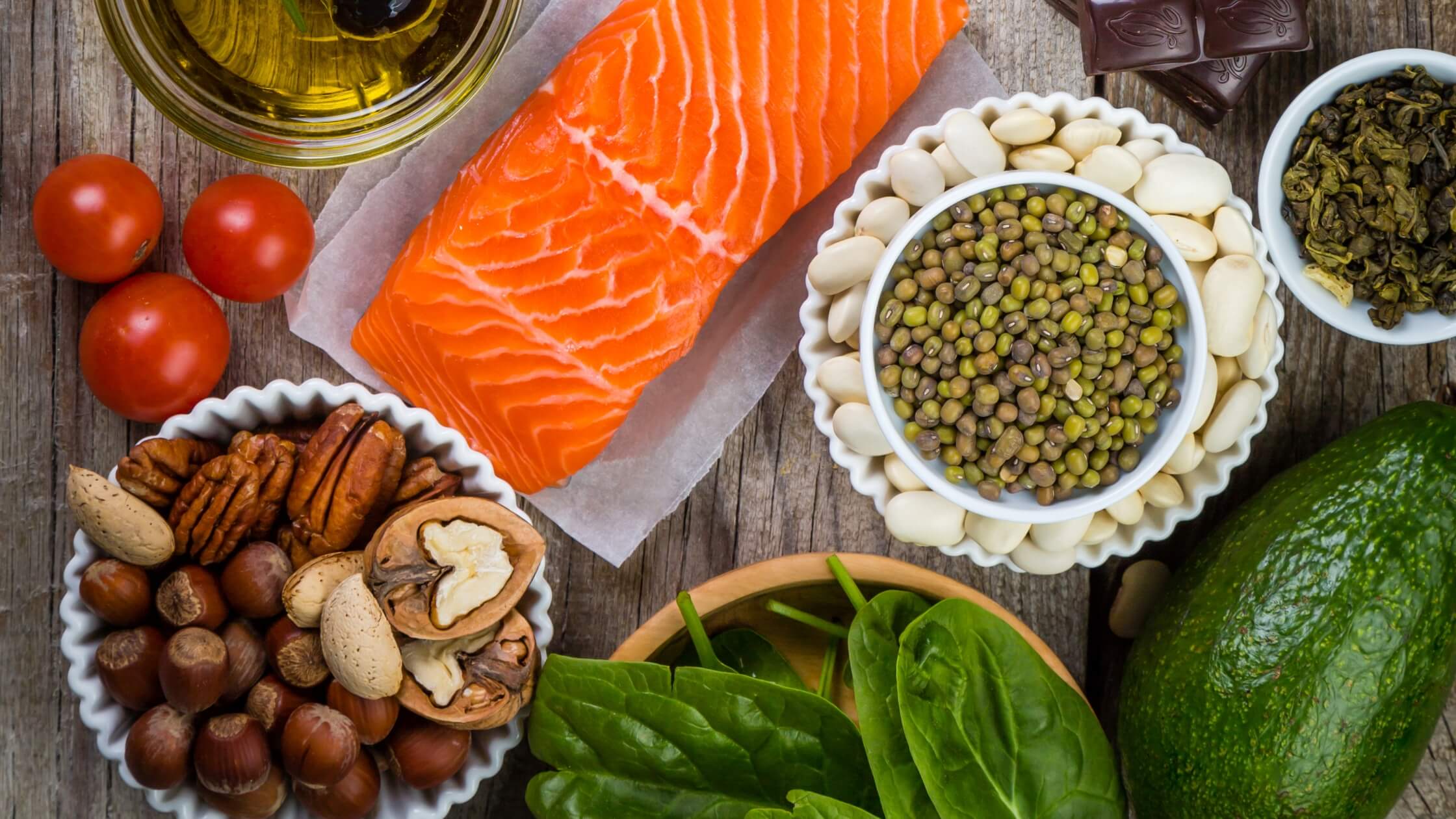The Best Foods for Wound Healing and Recovery
When it comes to healing wounds, medical treatment is only part of the equation. What you eat can play a crucial role in how quickly and effectively your body recovers. You’ve probably heard the saying, ‘You are what you eat,’ and when it comes to wound healing, this couldn’t be more true. Proper nutrition isn’t just fuel—it provides the essential building blocks your body needs to repair damaged tissue, fight off infections, and reduce inflammation. Without the right nutrients, the healing process can slow down, increasing the risk of complications.
Protein: The Foundation for Tissue Repair
When your body is healing a wound, it works overtime to build new skin, muscle, and connective tissue. Protein is the foundation of this process, supplying the amino acids needed to repair damage and create strong, healthy cells. Without enough protein, wounds heal more slowly, and the risk of complications, like infections or fragile scar tissue, increases.
To support healing, it’s essential to include protein-rich foods in every meal. Here are some of the best sources:
- Lean meats (chicken, turkey, beef)
- Fish (salmon, tuna, cod)
- Eggs
- Dairy products (Greek yogurt, cottage cheese)
- Plant-based sources (beans, lentils, tofu)
For patients struggling to get enough protein through meals, protein shakes or supplements may help.
Vitamins and Minerals That Aid Healing
Healing isn’t just about closing a wound—it’s about rebuilding strong, healthy tissue and preventing complications along the way. Your body relies on key vitamins and minerals to speed up recovery, reduce inflammation, and fight off infections. Without them, the healing process can slow down, leaving wounds vulnerable to delayed closure and other issues.
To give your body the best chance at healing efficiently, focus on these essential nutrients:
- Vitamin C – Crucial for collagen production, which strengthens skin and tissue repair. Found in oranges, strawberries, bell peppers, and broccoli.
- Zinc – Plays a key role in cell growth and immune function, helping wounds close faster. Found in lean meats, shellfish, nuts, and whole grains.
- Vitamin A – Helps regulate inflammation and boosts the immune response to prevent infections. Found in sweet potatoes, carrots, and leafy greens.
- Iron – Supports oxygen transport to damaged tissues, fueling the repair process. Found in red meat and dark leafy green vegetables like spinach.
A well-balanced diet rich in these nutrients can significantly impact how quickly and effectively wounds heal. Ensuring you get enough of these vitamins and minerals can make all the difference in recovery.
Hydration: An Often Overlooked Factor
Staying hydrated is just as important as eating the right foods. Water helps transport nutrients to cells, removes waste, and keeps skin healthy. Dehydration can lead to dry, fragile skin, which is more prone to breakdown and delayed healing.
Aim for at least 8-10 glasses of water per day, and increase intake if you’re recovering from a wound. Herbal teas and water-rich foods like cucumbers and watermelon can also help with hydration.
Meal Ideas to Support Wound Healing
A well-balanced diet filled with protein, vitamins, and minerals is one of the most effective ways to support your body’s natural healing process. By incorporating nutrient-dense foods into your daily routine, you can give your body the fuel it needs to repair tissue, fight infection, and reduce inflammation.
For a diet that promotes optimal wound healing, try these meal combinations:
- Breakfast: Scrambled eggs with spinach and whole-grain toast + an orange (rich in protein, iron, and vitamin C)
- Lunch: Grilled salmon with quinoa and steamed broccoli (packed with omega-3s, zinc, and vitamin C)
- Dinner: Lean chicken breast with roasted sweet potatoes and a side salad with nuts (a powerhouse of protein, vitamin A, and healthy fats)
- Snack: Greek yogurt with berries and a sprinkle of chia seeds (a great source of probiotics, antioxidants, and protein)
Healing from a wound requires more than just medical treatment—it’s also about giving your body the right nutrients to do its job effectively. Prioritizing high-quality, healing-focused foods can make a significant difference in recovery time and overall well-being. However, if you or a loved one is struggling with a non-healing wound, proper nutrition alone may not be enough. Our mobile wound care team specializes in advanced treatments that promote healing and prevent complications—right in the comfort of your home. Contact us today to learn how we can help!





